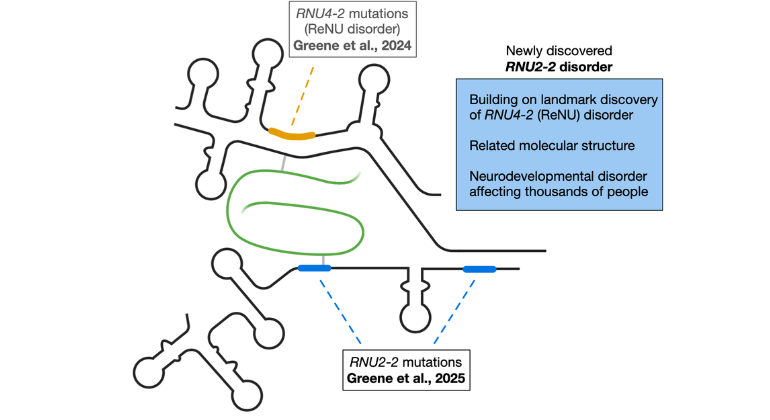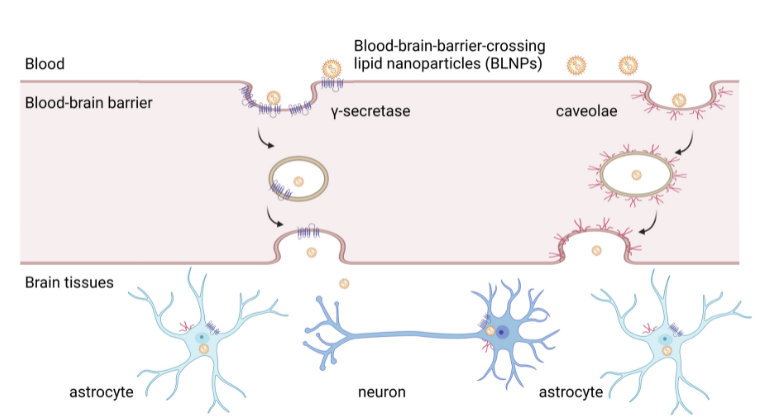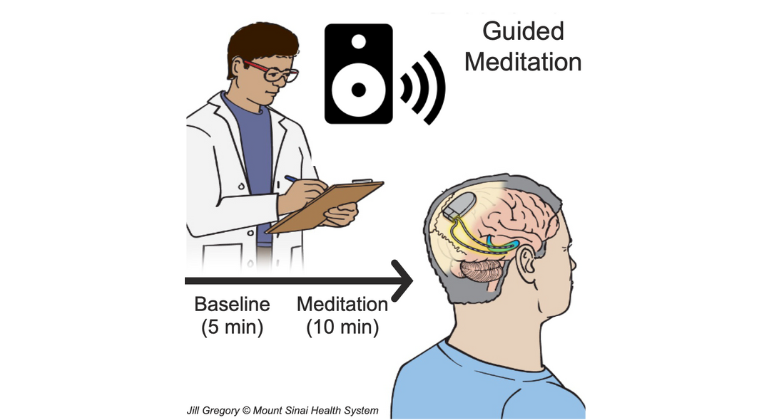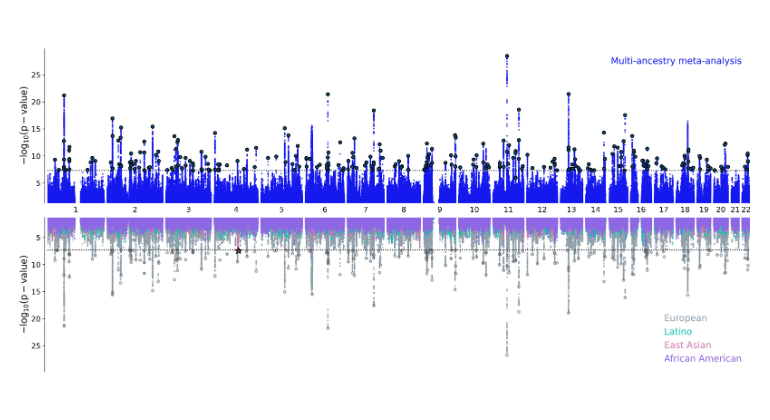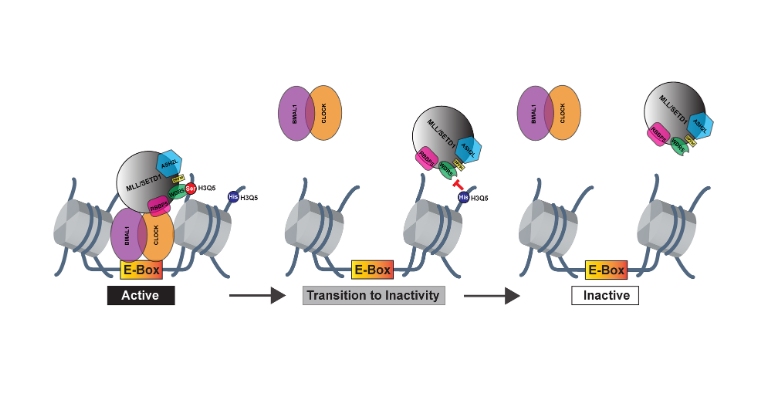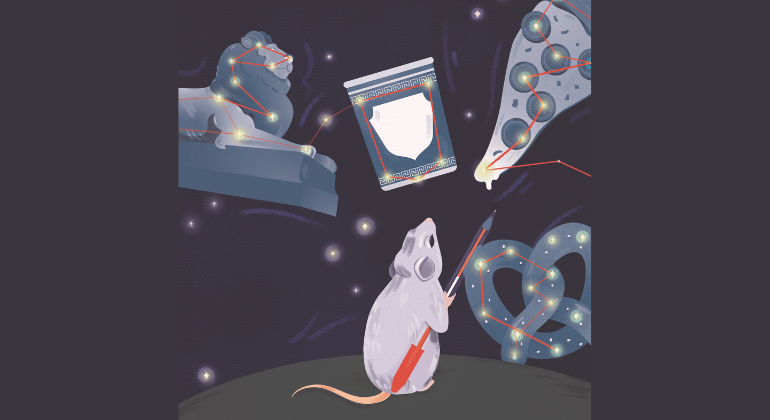Mount Sinai Launches Neuroimaging Study to Understand Brain Changes in Alzheimer’s Disease
Funded by the NIH, the study will use imaging techniques and biomarkers to understand changes in the structure and function of the brain.
Mount Sinai School of Medicine today announced that it is joining a $24 million, two-year Alzheimer’s Disease Neuroimaging Initiative Grand Opportunity (ADNI-GO) study to examine the subtle changes that may take place in the brains of older people many years before overt symptoms of Alzheimer’s disease (AD) appear. Researchers are looking for volunteers in New York who are beginning to experience memory problems that affect their daily activities.
The study, which is funded by the National Institute on Aging (NIA), part of the National Institutes of Health (NIH), will follow participants over time, using imaging techniques specifically developed to advance research into changes taking place in the structure and function of the living brain, as well as biomarker measures found in blood and cerebrospinal fluid.
"We cannot end Alzheimer’s unless we know more about it," said Hillel Grossman, MD, Assistant Professor of Psychiatry, Co-Director of the Clinical Research Core of the Alzheimer's Disease Research Center, Clinical Director of the Memory and Aging Center, and principal investigator of ADNI-GO at Mount Sinai. "This is where amazing volunteers, their friends and their families can make the difference in our success."
Researchers seek to recruit local volunteers between the ages of 55 and 90 who may be transitioning from normal cognitive aging to an early stage of amnestic mild cognitive impairment (aMCI), a condition that may progress to AD, but are otherwise healthy. Volunteers will receive the latest information about the treatment of mild cognitive impairment and AD. In addition, their physical health will be closely monitored and any new information about their physical health will be shared with the participant.
More than 5.1 million people across the U.S. are suffering from AD, and every 70 seconds another person develops this devastating disease. In New York alone, approximately 320,000 people are currently living with Alzheimer’s.
"ADNI-GO is part of an ongoing effort to establish imaging and fluid biomarker measures of Alzheimer’s disease from the onset of mild symptoms to the advanced stages of the disease process," said NIA Director Richard J. Hodes, MD. "By advancing understanding of the full spectrum of the disease, we’ll be better able to identify who is at risk, track progression of the disorder, and devise measurements to test the effectiveness of potential prevention or treatment strategies."
In addition to Mount Sinai, there are 50 other sites across the United States participating in the study. The grant expands the efforts of the ADNI, a research partnership supported primarily by the NIA with private-sector support through the Foundation for the National Institutes of Health. ADNI began in 2004 to establish neuroimaging and biomarker measures to track the changes taking place in the brains of 800 older people either free of symptoms or diagnosed with late-stage MCI and early Alzheimer’s disease. ADNI is led by the Northern California Institute for Research and Education, a nonprofit foundation affiliated with the San Francisco VA Medical Center. Michael Weiner, MD, is the principal investigator.
The new ADNI-GO effort enables researchers to continue studying nearly 500 of the original ADNI volunteers, including those in New York, NY, while expanding the study to include the new participants with aMCI. Newly enrolled participants and some original study volunteers will undergo a lumbar puncture to collect cerebrospinal fluids. The study also involves blood tests and neuroimaging methods such as Magnetic Resonance Imaging (MRI), Positron Emission Tomography (PET), and amyloid imaging.
To volunteer or learn more about the study, contact Aliza Romirowsky at Mount Sinai at (212) 241-1514 or go to http://www.adcs.org/Studies/ImagineADNI.asp. Volunteers must speak English or Spanish and have a person willing to assist them during at least five clinic visits and with telephone contacts from researchers.
In addition to NIA, the original ADNI study involved other federal partners: the National Institute of Biomedical Imaging and Bioengineering, also part of NIH, and the U.S. Food and Drug Administration, another agency of the U.S. Department of Health and Human Services. To learn more about ADNI advances and the private-public partnership supporting the research, go to http://www.nia.nih.gov/NewsAndEvents/PressReleases/PR20090317biomarker.htm.
The NIA leads the federal government effort conducting and supporting research on the biomedical, social and behavioral issues of older people. For more information on aging-related research and the NIA, go to www.nia.nih.gov. The NIA provides information on age-related cognitive change and neurodegenerative disease specifically at its Alzheimer’s Disease Education and Referral (ADEAR) Center site at www.nia.nih.gov/Alzheimers. To sign up for e-mail alerts about new findings or publications, please visit either website.
About The Mount Sinai Medical Center
The Mount Sinai Medical Center encompasses both The Mount Sinai Hospital and Mount Sinai School of Medicine. Established in 1968, Mount Sinai School of Medicine is one of few medical schools embedded in a hospital in the United States. It has more than 3,400 faculty in 32 departments and 15 institutes, and ranks among the top 20 medical schools both in National Institute of Health funding and by U.S. News & World Report. The school received the 2009 Spencer Foreman Award for Outstanding Community Service from the Association of American Medical Colleges.
The Mount Sinai Hospital, founded in 1852, is a 1,171-bed tertiary- and quaternary-care teaching facility and one of the nation's oldest, largest and most-respected voluntary hospitals. U.S. News & World Report consistently ranks The Mount Sinai Hospital among the nation's best hospitals based on reputation, patient safety, and other patient-care factors. Nearly 60,000 people were treated at Mount Sinai as inpatients last year, and approximately 530,000 outpatient visits took place.
For more information, visit www.mountsinai.org. Follow us on Twitter @mountsinainyc.
About the Mount Sinai Health System
Mount Sinai Health System is one of the largest academic medical systems in the New York metro area, with 48,000 employees working across seven hospitals, more than 400 outpatient practices, more than 600 research and clinical labs, a school of nursing, and a leading school of medicine and graduate education. Mount Sinai advances health for all people, everywhere, by taking on the most complex health care challenges of our time—discovering and applying new scientific learning and knowledge; developing safer, more effective treatments; educating the next generation of medical leaders and innovators; and supporting local communities by delivering high-quality care to all who need it.
Through the integration of its hospitals, labs, and schools, Mount Sinai offers comprehensive health care solutions from birth through geriatrics, leveraging innovative approaches such as artificial intelligence and informatics while keeping patients’ medical and emotional needs at the center of all treatment. The Health System includes approximately 9,000 primary and specialty care physicians and 11 free-standing joint-venture centers throughout the five boroughs of New York City, Westchester, Long Island, and Florida. Hospitals within the System are consistently ranked by Newsweek’s® “The World’s Best Smart Hospitals, Best in State Hospitals, World Best Hospitals and Best Specialty Hospitals” and by U.S. News & World Report's® “Best Hospitals” and “Best Children’s Hospitals.” The Mount Sinai Hospital is on the U.S. News & World Report® “Best Hospitals” Honor Roll for 2024-2025.
For more information, visit https://www.mountsinai.org or find Mount Sinai on Facebook, Instagram, LinkedIn, X, and YouTube.
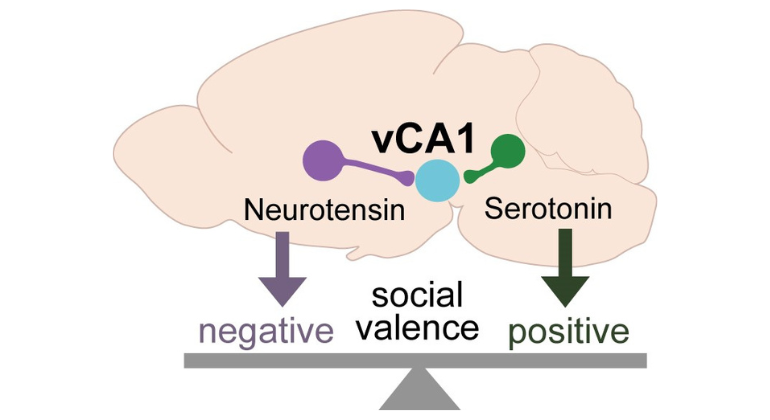
Mechanism by Which the Brain Weighs Positive vs. Negative Social Experience Is Revealed
Apr 30, 2025 View All Press Releases